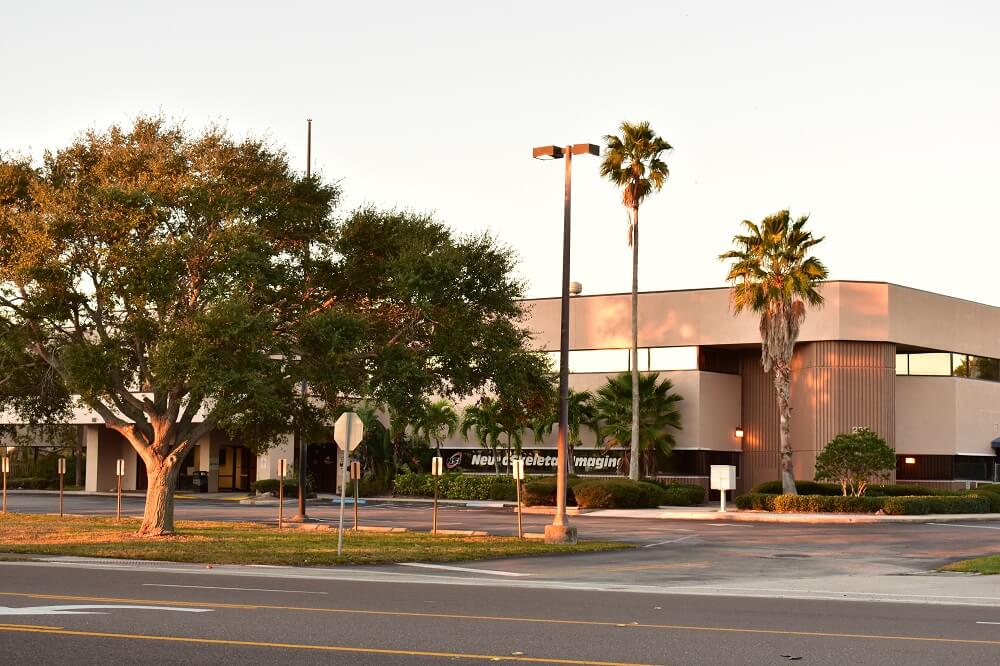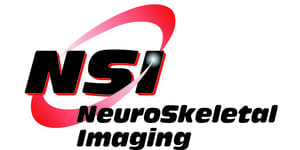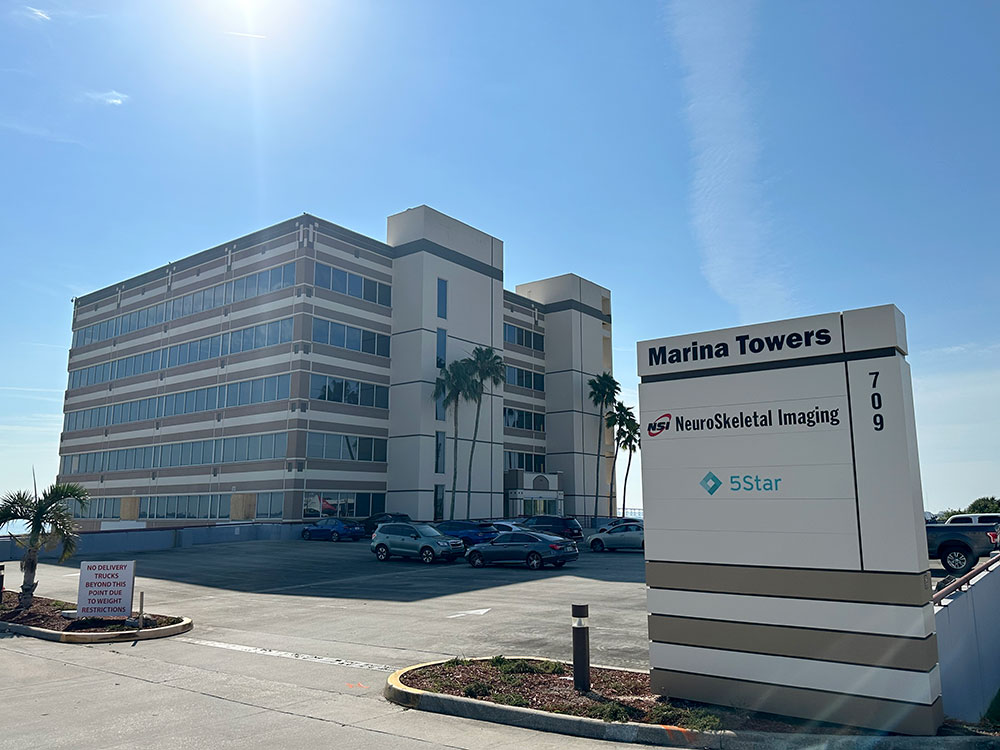Traumatic Brain Injury Protocol
A concussion is brain damage, plain and simple, and it requires the utmost care and attention. Call an ambulance immediately if the person has lost consciousness, experiences amnesia, or seems confused and unable to speak. If they seem cognizant, stay with them for 48 hours and see that they get plenty of rest during that time. Rest should continue for the next 1-4 weeks, and the resumption of everyday life should be slow and gradual. While the best traumatic brain injury treatment is rest, sometimes symptoms refuse to go away. That’s where brain imaging might help, and Neuroskeletal Imaging in Melbourne, and Merritt Island is here for you.
Effective Traumatic Brain Injury Treatment
The best thing you can do when recovering from a concussion is rest. This means physical rest as well as mental rest. Give your brain as little activity and input as possible for the first ten days or so, as this is the most critical recovery period. It’s tough, we know — but a week of total relaxation isn’t a tall order when working to repair the most vital organ in your body. Get plenty of sleep and eat as much and as healthy as you can. A high-protein diet helps, as do lots of leafy green vegetables. Stay calm, and don’t get carried away with worry.
The Second Week
The rule of thumb is: don’t do anything that causes symptoms. If you feel another headache coming on, stop what you’re doing. After the first week or so, you should be able to take short walks, engage in light socializing, work on jigsaw puzzles and write in a journal. Meditating, cross-stitching, and podcasts about delicate topics are also appropriate for this time. Tetris has been shown to aid recovery, but it’s important to limit screen time. You should still avoid reading, television, and internet for the first two weeks at least.
What To Do If Symptoms Just Aren’t Going Away
One of several MRI techniques can help your doctor figure out if anything is incredibly wrong. Diffusion tensor imaging (DTI) maps the brain in 3D and can detect changes in the microstructure that occur from a minor traumatic brain injury. DTI can give you an idea of your recovery time and predict what cognitive abnormalities may arise from the injury. Susceptibility weighted imaging (SWI) can help your doctor find any microbleeds happening in your brain, while diffusion weight imaging (DWI) can detect cerebral contusions that other scans may miss.
Contact Us
A concussion is incredibly frustrating, and many still experience symptoms months after the fact. As long as you rest, however, you are doing the best you can do in this situation. Most people see a full recovery. If you find that you need further traumatic brain injury treatment, it won’t hurt to get a scan done to have a more precise picture of what’s happening. Contact Neuroskeletal Imaging in Melbourne, and Merritt Island to gain some much-needed peace of mind. You’re going to be okay.
Locations
MERRITT ISLAND
255 North Sykes Creek Parkway, Suite 102, Merritt Island, Florida 32953
(321) 454-4897


